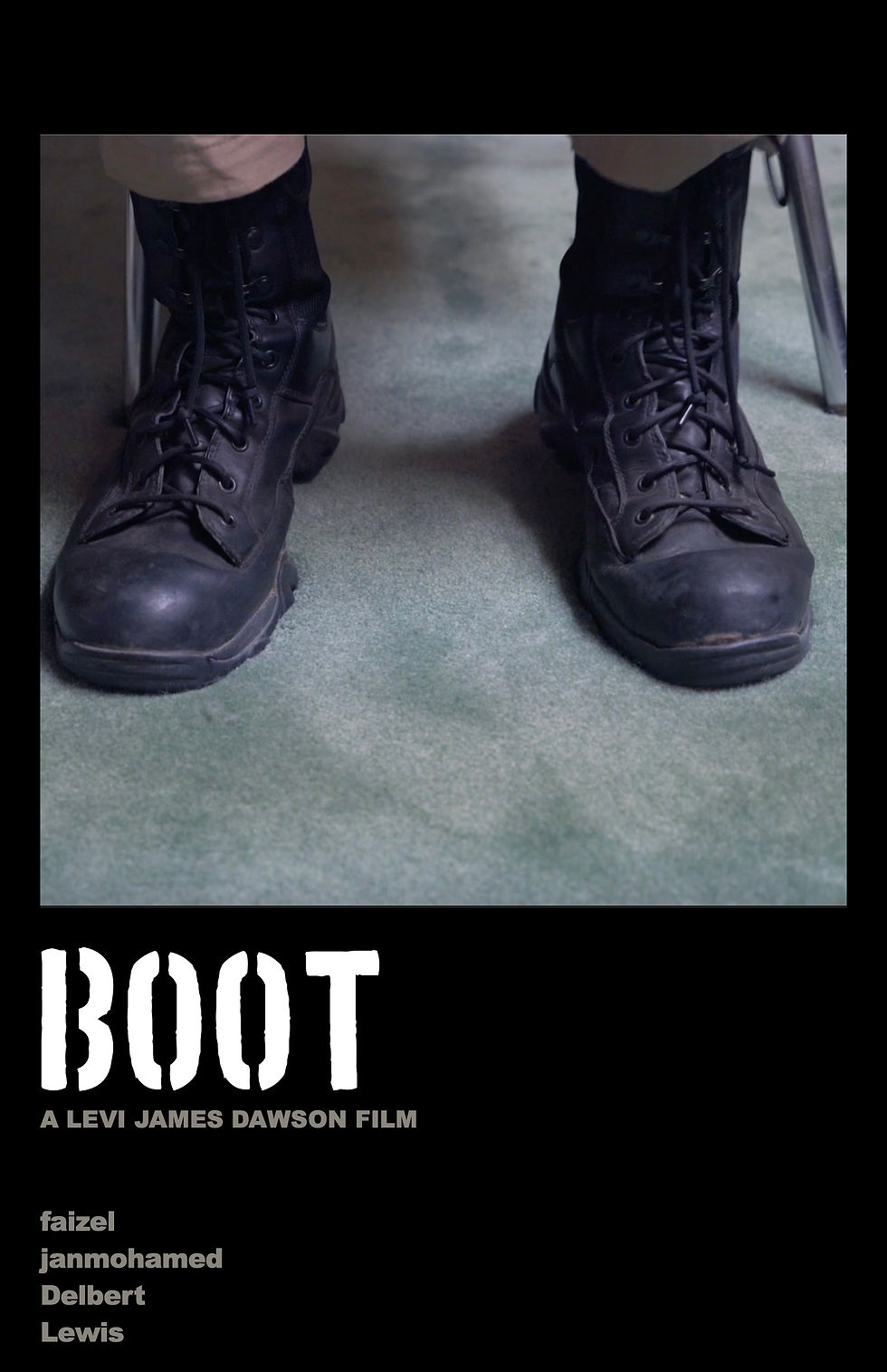Hira: An Interview with Emanuele Colognese
- Tokyo Cine Mag

- Nov 17, 2023
- 3 min read

Please tell us about the projects you worked on before making ‘Hira’. How did you start, and how did you learn to make films? Since I was a child, I was very curious and always had my head in the clouds. I enjoyed inventing and creating stories. As I grew up, I channeled this particular skill into something tangible. Meanwhile, my passion for cinema continued to grow, leading me to pursue a master's degree in cinema, film editing, and television shooting techniques at the age of 22. I worked as an editor for various Italian TV programs until I transitioned to freelance work for diverse clients, companies, and artists.
Before "Hira," I directed two short films that received numerous awards and recognitions both nationally and internationally, along with many music videos that also garnered several awards.
Tell us about ‘Hira’. How do you describe it? "Hira" is a unique project. Thanks to my friend and screenwriter Abira Khan, all of this came into being. About one year ago, she had me read one of her short story where the protagonist was a girl named Hira Malik, and I instantly fell in love with the story. I absolutely wanted to have Abira by my side for the treatment and cinematic adaptation because her sensitivity and vision were perfect for the scenes I had in my mind to shoot.
Many versions of the script were written, but what you see now is the best result we could achieve. Let's say that "Hira" is like a piece of our soul and heart (mine and Abira's) that has transformed into a short film.
I will express heartfelt gratitude to both Abira and the entire crew who made all of this possible: Sara and Matteo (the film's protagonists), Sehrish, and Martina, who did an exceptional job as hair stylists and makeup artists.

Please tell us about your favorite filmmakers. I have many filmmakers who have inspired me, and who continually inspire me, but if I must choose one, it is undoubtedly Quentin Tarantino. The way he writes, directs, and brings his films to life has always fascinated and moved me. He has a sensitivity that delves deep into the soul and conveys every kind of emotion. With him, I believe I've experienced every possible emotion. Another filmmaker I highly appreciate is Wes Anderson. I’m very precise, meticulous, and detail-oriented, and the perfection with which he frames shots is spine-chilling. I love his aesthetics in the compositions and scenes he creates.
If you were given a good budget, what would be your ideal project? Well, if I were given the opportunity to have some budget, I would like to create a biopic of a literary figure dear to me, and one in particular would be J.R.R.Tolkien. Even though a film has already been made about him, I would like to authentically narrate his life and the entire journey that led him to create magnificent works, as everyone knows.
On the other hand, if I had a lot, a lot, a lot of budget, I would really like to create a science fiction film with themes revolving around the cosmos and space. It should be highly accurate on a scientific level while, at the same time, delivering a deeply emotional experience.
Describe how you would ensure that production is on schedule. What steps would you take? This is a great question!
One thing I definitely wouldn't do is impose myself forcefully, and above all, with rudeness. It's something I really can't stand and is not part of my character.
I always try to bring out the best in those who collaborate with me, to make them feel important for the role they play and, above all, to actively involve them in what they are doing.
In response to the question, I would ensure that the schedule is respected by empowering the people collaborating with me, guiding them effectively without imposing myself or limiting their autonomy.

What was the hardest part of making ‘Hira’. Actually, there was never a challenging part in the making of "Hira"; we always worked with a lot of enthusiasm and a desire to bring this project to fruition. If I have to pinpoint a challenging aspect, perhaps it was aligning personal commitments with the timelines for shooting scenes on set.
If possible, tell us about your next work. What plans do you have for your future work? Being a person always full of ideas and never standing still for a moment, I am already thinking about the next film I would like to create. It will certainly be again with Abira Khan because, as we say here in Italy, quoting a football saying: "Squadra che vince non si cambia! (You don't change a winning team!)". We already have some drafts and ideas in store, and with the beginning of 2024, we will definitely produce our new film.
















Comments